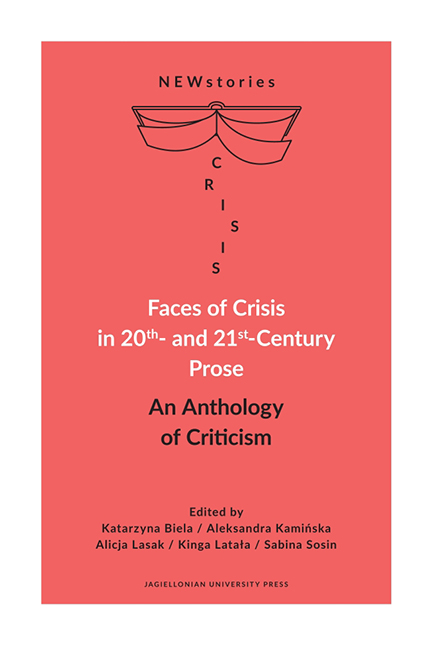Literature as Crisis
Published online by Cambridge University Press: 16 July 2022
Summary
Abstract: In what ways does literature express crisis? The RSC Stratford production of Shakespeare's Troilus and Cressida broadcast live to cinemas around the UK on 14 November 2018 certainly enhanced the capacity of that extraordinary play to represent contemporary social crises. The play featured a post-apocalyptic set strewn with metal and motorbikes, several women actors playing the parts of the Greek heroes Agamemnon and Ulysses, the bitter fool Thersites, a female deaf actor signing the part of Cassandra, an androgynous Pandarus, a specifically homosexual Achilles and Patroclus. Its memorable percussive musical soundtrack vividly enhanced the atmosphere of conflict and chaos. The following day in London Theresa May announced the uneasy cabinet compromise that had precariously emerged as the UK's Brexit “deal” to lead up to Brexit Day the following March. The leaders of British society and veteran community were commemorating for the one hundredth time the anniversary of the peace treaty that ended World War I, oversold as the “war to end all wars”.
I could hardly avoid recalling that it was in neutral wartime Zurich that James Joyce saw a production of this remarkable historical play about a crisis moment of the Trojan Wars that might seem obscure or difficult to some but nevertheless had the capacity to speak of the crisis of World War I at the time. It is a play that among Shakespeare's works (with the possible exception of Hamlet) most haunts the composition of Ulysses. How does historiography, at least according to Walter Benjamin, configure the past as crisis that can inform the present of literature? How did Joyce absorb this fascinating play and its extraordinary cultural historiography and sexual bartering into his developing thought about Ulysses? And how does Ulysses itself contribute to the early 20th-century crises in the conception of literature and culture that have informed the culture sphere from the modernism of the early 20th century to the post-apocalypticism of the new millennium?
- Type
- Chapter
- Information
- Faces of Crisis in 20th- and 21st-Century ProseAn Anthology of Criticism, pp. 13 - 26Publisher: Jagiellonian University PressPrint publication year: 2020



